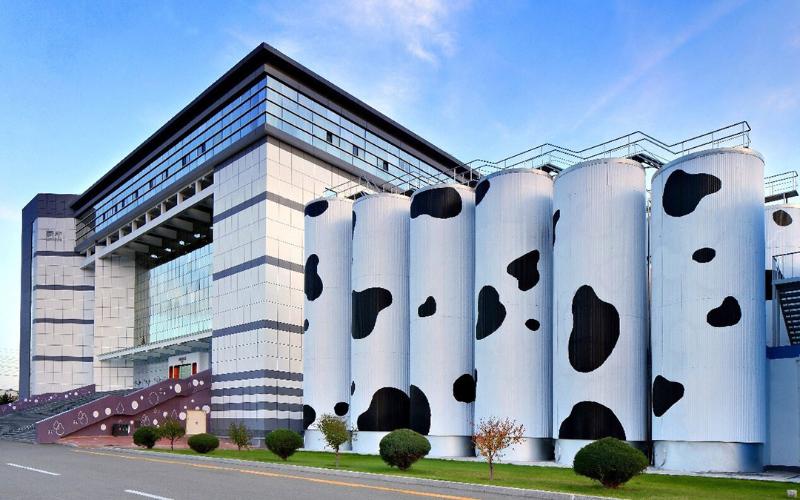USDA Allocates Over $11 Million To Enhance Dairy Innovation & Marketing
The US Department of Agriculture (USDA) has awarded more than $11 million in grants to promote innovation and marketing within the dairy sector. This initiative is specifically designed to support small and mid-sized dairy businesses, facilitating their growth, production and enhancing their market competitiveness.
The funding aims to encourage the development of value-added products and innovative marketing strategies. By focusing on these areas, the USDA intends to help dairy producers increase their profitability and sustainability in a competitive market environment.
“This funding through the Dairy Business Innovation Initiatives makes important investments in the domestic dairy industry, furthering USDA’s efforts to ensure Americans have access to affordable wholesome U.S. dairy products,” said USDA Under Secretary for Marketing and Regulatory Programs Dudley Hoskins.
This grant program is part of a broader USDA strategy to bolster the agricultural sector by supporting innovation and ensuring that smaller producers have the tools necessary to succeed. The funds are expected to be distributed among various projects that align with these goals, although specific recipients have not been detailed in the announcement.
Background and Impact
The USDA’s commitment reflects an ongoing effort to strengthen rural economies through targeted investments in agriculture. By prioritizing innovation and marketing, the USDA seeks to address challenges faced by small and mid-sized dairy businesses, such as fluctuating market demands and increased competition.
Dairy innovation grants like these play a crucial role in enabling producers to explore new product lines and reach new markets. They also help in offsetting costs associated with research and development, which can be prohibitively expensive for smaller operations.
This funding initiative is aligned with the USDA’s broader goals of enhancing agricultural sustainability and fostering economic growth across rural America. As the dairy industry continues to evolve, such investments are essential for maintaining the competitiveness of American dairy producers on a global scale.

